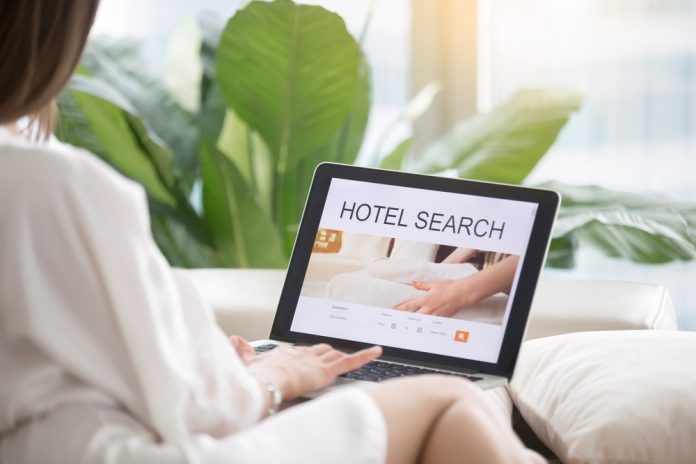If you’re operating online and allowing people to make reservations with your hotel through the internet, then you’re going to need some kind of booking engine that permits you to do so. No longer is it enough to simply advertise your wares online and then hope people pick up the phone to complete their booking; in this competitive era for hospitality, they need to be able to go all the way through to entering their credit card details.
If you aren’t able to provide what they’re looking for, then the chances are that they’ll simply go elsewhere and you’ll lose out on easy business. But how will you know what to look for if you’re considering implementing a booking engine for the first time or upgrading one that no longer meets your needs? Amid all the sales pitches, how can you be sure you’ll get what you need and won’t waste your money?
With this in mind, here are a few tips on vital things to look out for when you’re shopping around.
1.User-friendliness
This might seem very obvious, but anything you want your would-be guests to use needs to be user-friendly. Don’t go for anything that appears cluttered, or a booking engine on which it isn’t obvious what buttons you need to be pressing to go to the next step. Test it out first and if it annoys you, ditch it: you can be sure that it’ll annoy customers too.
2.Minimal steps to completion
We’ve all encountered online booking forms where page after page appears asking to be filled in, leaving us wondering when on earth we’re going to get to the end. Don’t let this be the case for people booking your rooms, or it may lead to abandonment at high rates. Instead, keep the stages as minimal as possible and only collect information you really need for the reservation. Anything else, you can get afterwards.
3.Mobile accessibility
People are spending more time on mobile devices such as smartphones and tablets than ever, and that includes looking for and making hotel bookings. They’re now less likely to switch to a desktop PC to complete the process, meaning that any booking engine you use has to be compatible with all devices and screen types. If they get to the final stage and find that they keep needing to pinch the screen to zoom in and that images aren’t coming up properly, they’ll be gone in a flash.
4.Globally focused
Even if you’re a little boutique hotel that used to cater mostly for visitors within a 100-mile radius, the internet’s global reach means you could be discovered by any potential guest at any time. It’s vital to capitalise on this potentially valuable revenue, as happy customers might share their experience and open up a fresh customer base for you. However, if they land on your site and find they can’t translate the pages and don’t have the option of paying in their own currency, the chances are they won’t stick around to become new guests. Look for a booking engine that permits payments in multiple currencies and permits languages to be changed at the all-important reservation stage.
5.Management overview facilities
All of the hotel workers need to be able to manage room inventories and availability at all times, whether that’s to avoid double bookings or to quickly change customer requirements upon check-in. That’s why a good hotel booking engine needs to have a dashboard, overview-type facility that can be logged into remotely 24 hours a day. It’s the best way to avoid problems and ensure excellent customer service, so definitely don’t go for one without it.
6.Secure payment options
As we’ve mentioned before on these pages, a lot of money changes hands when it comes to booking hotels and holidays, so you want your guests to feel secure once they’ve decided to get their credit cards out. If they go through to a page that doesn’t look particularly well-protected and fails to show symbols like PayPal and padlocks, they might get scared and change their minds. Ensure your booking engine showcases a secure payment gateway to gain trust and avoid abandonment.
7.Analytics functions
We’ve already mentioned the dashboard area that allows for room management, but it’s also important for a booking engine to have a similar area that provides analytics functionality. You can then look at statistics such as conversion rates, booking rates, busy periods and revenues and see how your hotel is really performing over set periods of time.
8.Customer support
You’re so focused on providing great customer support for your hotel guests, but it’s important to remember that you might sometimes need it too. When you’re looking for a booking engine, remember to check that the company providing it isn’t just going to take your money and then leave you in the lurch should something go wrong. You need a firm that will be there on the other end of the phone to talk you through your problem and ensure you’re up and running again in no time.
If you’re struggling to find a good booking engine, check out Booking Direct from World Hotel Marketing. It’s cutting edge and cloud-based to offer a seamless, responsive booking experience that’s also fully customisable at every stage. There are plenty of other features too, so visit our pages and feel free to get in touch should you have any questions. With a good booking engine, your hotel could get one step closer to world domination.







